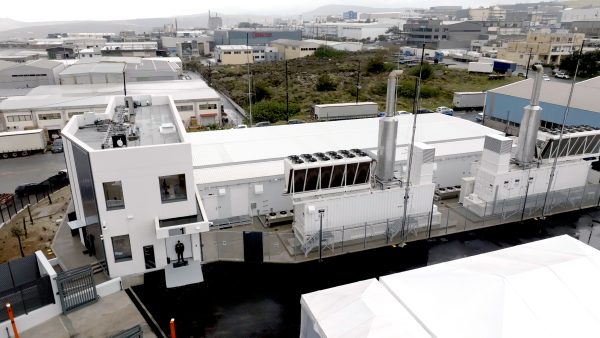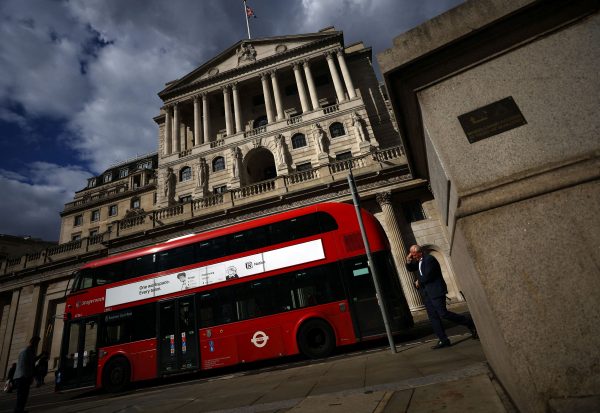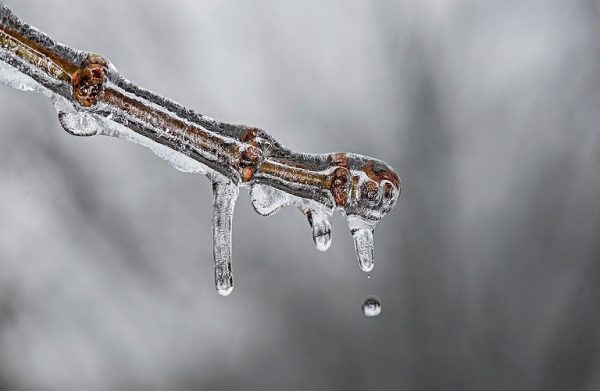
The ice cream is also eyeing the recovery of tourism to bolster sales and large and small players are entering the fray for the 200-day battle of the peak tourism season.
The new owner of Pagota Dodoni SA is expected to be announced (if the tender for the sale of the troubled ice cream industry goes through) and this will cast the ice cream market in a new light, where the players are hoping for a return to 2019 sales levels. Although the weather is helping this rebound is not expected to be a piece of cake.
This is because the goal is not only to reach, or exceed, the target of 223 million euros, which was the turnover of standard ice cream in 2019, from 213 million euros in 2020 and 216.5 million euros in 2021, but to increase volumes as well.
Prices, which are already rising at a very fast pace, are helping turnover return to pre-covid levels, but the same cannot be said for bulk sales.
According to the data of the Hellenic Statistical Authority, in just one month and specifically in May, ice cream prices rose by 6.2% compared to April, while compared to May last year, the price increase is 4.7%.
In the field, however, the increases are much higher. Standard ice creams, have recorded increases of 10-20%, especially in small areas, while for “bulk” ice cream, price increases range from 7.5% to 25%, with the highest prices being recorded in tourist areas.
Raw materials prices have risen by 10-20%, with the result that producers cannot absorb any further increases, and therefore raise the prices of bulk ice cream accordingly.
Decrease in volume and value
In the four months January – April this year, sales of standard ice cream recorded a decrease in both value and volume. In particular, sales in the value category fell by a total of 4%, based on data from Nielsen IQ (sales in supermarkets including Lidl and small retail).
The largest decrease in turnover is recorded by private label ice creams with sales decreasing by 33.1%, while brand names record an increase in turnover by 2.2%.
Losses in volume are more significant, with the category of standard ice creams showing a decline of 16% in the period under review compared to the corresponding four months last year.
“Generic” ice cream pushed the category down, as it fell by 34.9%, while the decrease in brand names was 2.9%.
Of course, the given period is not the best for ice cream, however, May, according to industry estimates, did not show dramatic changes in sales.
The “golden” five
Unilever, which owns Algida ice creams, as well as the EVGA brand and network, is the leading company in the market of standard ice cream based on market share at the end of 2021, is . It is estimated that the EVGA and Algida brands currently have a total joint market share of just over 35% (Algida at around 26% and EVGA at around 9.5%).
Froneri Hellas, created by Nestlé and R&R in 2016, with the exclusive activity of producing and marketing ice cream, is the second biggest sector player, with a share of just under 32%.
Nestle Hellas Ice Cream merged with Nestle Hellas in 2011. Nestle Hellas Ice Cream SA. was created in 2006 with the sale of the entire participation of Delta Ice Cream Industry by Delta Holdings to Nestle Hellas SA.
Panagiotis Tsinavos’ Kri-Kri follows with a rising share close to 16%. Private label ice creams round out the top5 with a share of about 9%.
Dodoni’s suitors
Beyond market sales, industry focus is on the new effort to sell Dodoni Ice Cream. This is the third rescue effort since 2017 and as it seems despite the company’s problems, the strong brand name maintains interest high.
According to information, the companies expressing interest in Dodoni include: Venetis, Kri-Kri, Creta Farms’ Dimitris Vintzilaios and an investment vehicle of the president and managing director of ELGEKA, Alexandros Katsiotis. Three of these investors have passed to the phase of binding offers and an announcement is expected in the near future as to whether the tender procedure will finally succeed this time.
Latest News

Greek €200M 10Y Bond to be Issued on April 16
The 3.875% fixed-interest-rate bond matures on March 12, 2029, and will be issued in dematerialized form. According to PDMA, the goal of the re-issuance is to meet investor demand and to enhance liquidity in the secondary bond market.

German Ambassador to Greece Talks Ukraine, Rise of Far Right & Tariffs at Delphi Economic Forum X
Commenting on the political developments in his country, the German Ambassador stressed that it was clear the rapid formation of a new government was imperative, as the expectations across Europe showed.

Athens to Return Confiscated License Plates Ahead of Easter Holiday
Cases involving court orders will also be excluded from this measure.

Servicers: How More Properties Could Enter the Greek Market
Buying or renting a home is out of reach for many in Greece. Servicers propose faster processes and incentives to boost property supply and ease the housing crisis.

Greek Easter 2025: Price Hikes on Lamb, Eggs & Sweets
According to the Greek Consumers’ Institute, hosting an Easter dinner for eight now costs approximately €361.95 — an increase of €11 compared to 2024.

FM Gerapetritis Calls for Unified EU Response to Global Crises at EU Council
"Europe is navigating through unprecedented crises — wars, humanitarian disasters, climate emergencies," he stated.

Holy Week Store Hours in Greece
Retail stores across Greece are now operating on extended holiday hours for Holy Week, following their Sunday opening on April 13. The move aims to accommodate consumers ahead of Easter, but merchants remain cautious amid sluggish market activity.

Green Getaway Ideas for Easter 2025 in Greece
Celebrate Easter 2025 in Greece the sustainable way with eco-farms, car-free islands, and family-friendly getaways rooted in nature and tradition.

Civil Protection Minister Details Summer Firefighting Plans at Delphi Forum
At the 10th Delphi Economic Forum, Minister of Climate Crisis and Civil Protection Yiannis Kefalogiannis discussed Greece's plans for the upcoming fire season.

How Shops and Markets Will Operate During Easter Holy Week
The Easter holiday schedule has been in effect since April 10, with retail stores open Palm Sunday, and most supermarkets also operating to meet consumer demand for Easter shopping








































 Αριθμός Πιστοποίησης
Αριθμός Πιστοποίησης